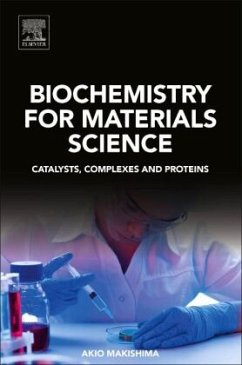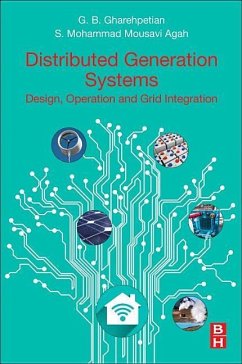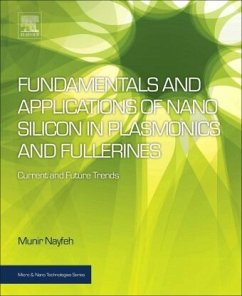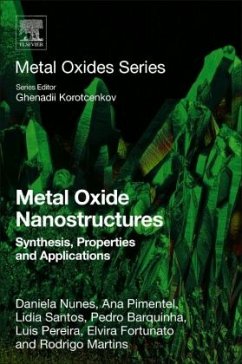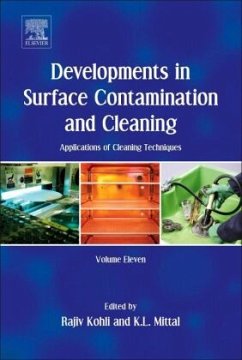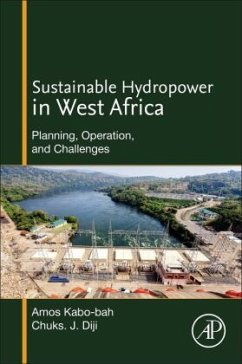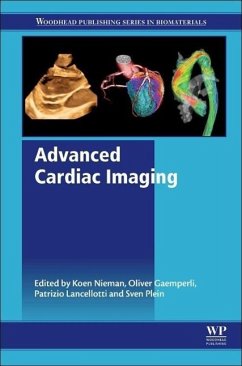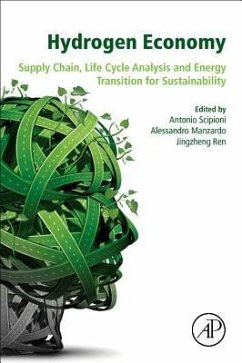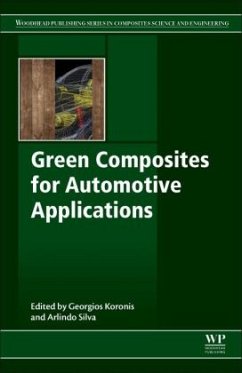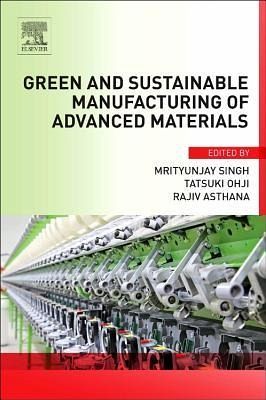
Green and Sustainable Manufacturing of Advanced Material

PAYBACK Punkte
28 °P sammeln!
Sustainable development is a globally recognized mandate and it includes green or environment-friendly manufacturing practices. Such practices orchestrate with the self-healing and self-replenishing capability of natural ecosystems. Green manufacturing encompasses synthesis, processing, fabrication, and process optimization, but also testing, performance evaluation and reliability. The book shall serve as a comprehensive and authoritative resource on sustainable manufacturing of ceramics, metals and their composites. It is designed to capture the diversity and unity of methods and approaches t...
Sustainable development is a globally recognized mandate and it includes green or environment-friendly manufacturing practices. Such practices orchestrate with the self-healing and self-replenishing capability of natural ecosystems. Green manufacturing encompasses synthesis, processing, fabrication, and process optimization, but also testing, performance evaluation and reliability. The book shall serve as a comprehensive and authoritative resource on sustainable manufacturing of ceramics, metals and their composites. It is designed to capture the diversity and unity of methods and approaches to materials processing, manufacturing, testing and evaluation across disciplines and length scales. Each chapter incorporates in-depth technical information without compromising the delicate link between factual data and fundamental concepts or between theory and practice. Green and sustainable materials processing and manufacturing is designed as a key enabler of sustainable development.




